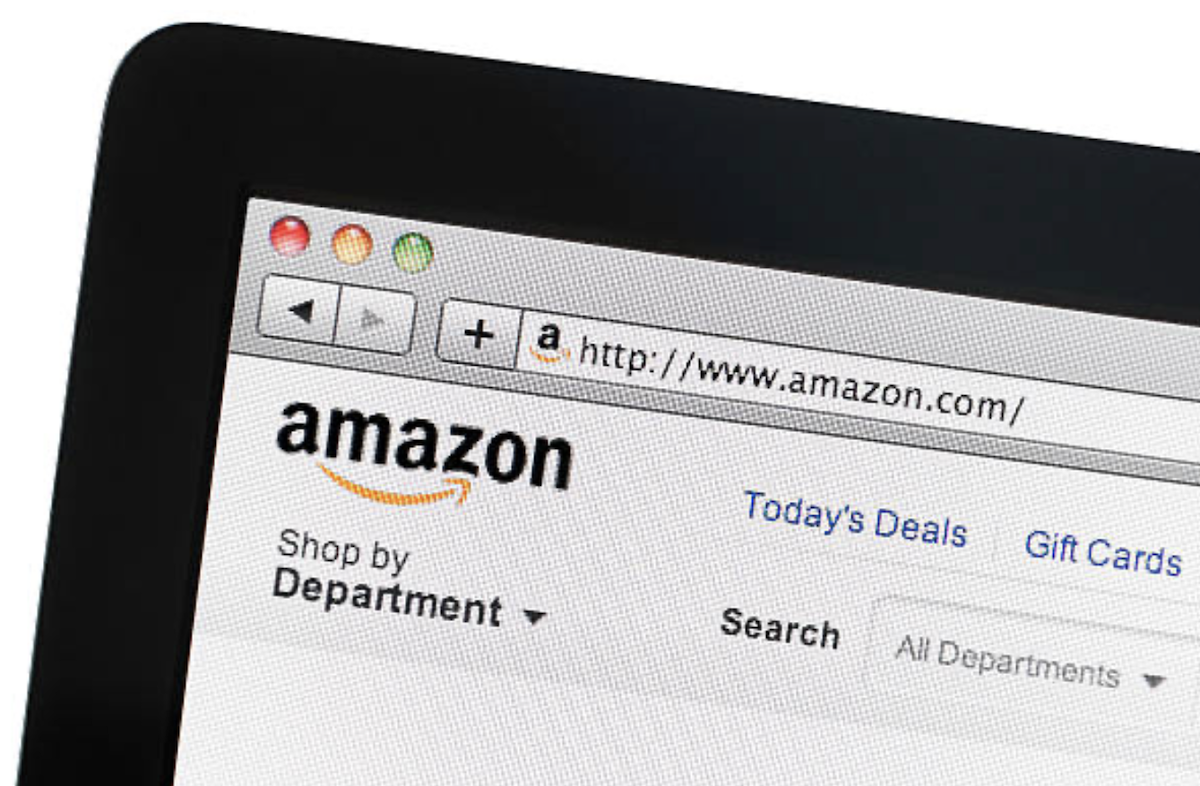Consumers are more tech-savvy than in the past. Buying electronics in store from sales people that potentially know less than you do about the product is a frustrating experience. By buying online you can research the best thing to suit our needs, gathering specs and reviews quickly to ascertain the quality of our potential purchase. You can compare competing products and competing retailers to get the best price possible.
Of course competition is a great thing for consumers in terms of price and quality but the level of choice we now enjoy is so vast it makes people’s heads spin. And in the end after making our selection from 100 similar products or buying from a particular retailer because they offer free shipping are we any happier? Psychologist Dr Barry Schwartz argues that “The more options there are, the easier it is to regret anything at all that is disappointing about the option that you chose” (Schwartz, The Paradox of Choice: Why More Is Less, Harper Perennial, 2004).
It’s easy to see what Schwartz meant. When searching for ‘coffee makers’ you’ll be inundated with choices. It’s likely you know something about what you want so initially can narrow down the scope of your search to ‘cafetieres’ but still you see thousands of results. Are the products at the top of the page the best ones? Which material gives the best tasting coffee? When your purchase arrives you’re sure to wonder if you made the right decision. Where do we draw the line, and is internet shopping just a bubble that will eventually burst?
About guest blogger
As a professional web developer Sergio is dedicated to providing a first-rate online experience. When not shackled to his desk Sergio enjoys whiling the hours away playing video games, so much that he has his own website where gamers can read a number of video game reviews and engaging features.
Anything to said about the effect of the internet on shopping habits (and consumer satisfaction)? Get involved in the discussion by leaving a comment below.




